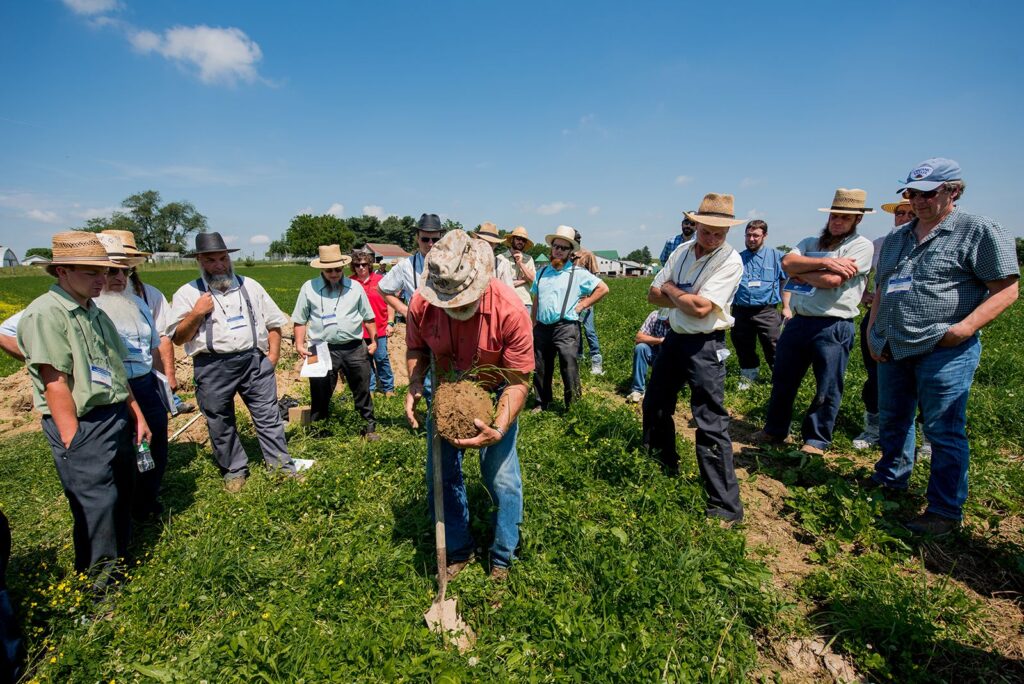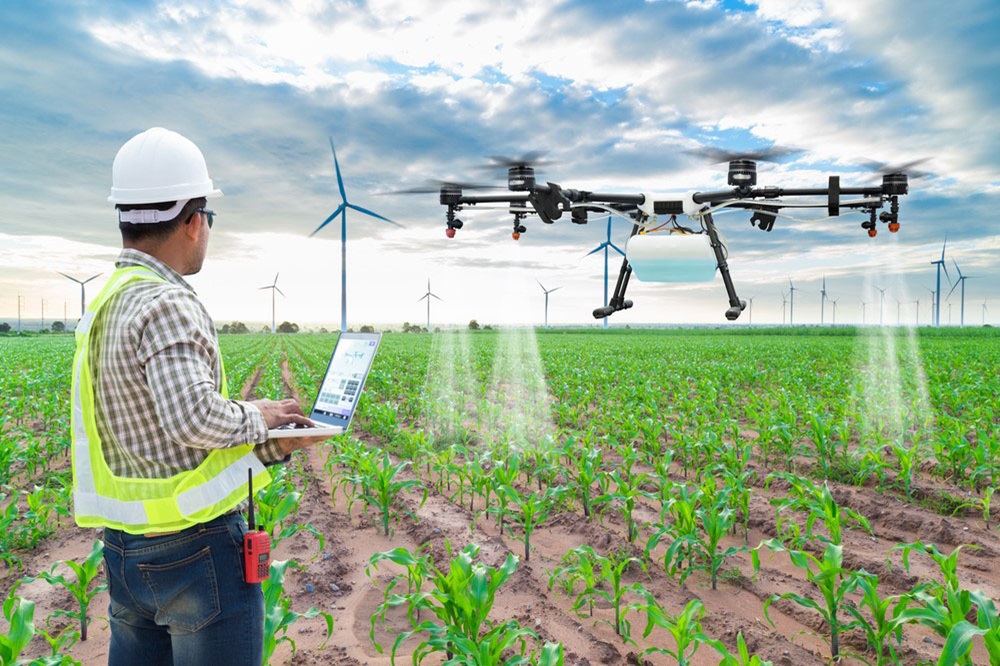Farmer field days are a cornerstone of the agricultural industry, fostering collaboration, innovation, and education. These events, typically held on farms or research sites, bring together farmers, industry experts, researchers, and agribusiness professionals. By offering hands-on demonstrations, knowledge-sharing, and networking opportunities, farmer field days play a critical role in advancing modern agriculture.
This article explores the profound impact of farmer field days on the agricultural community, highlighting their value in promoting sustainability, driving innovation, and creating a global network of empowered farmers.
What Are Farmer Field Days?
Farmer field days are events where agricultural stakeholders convene to share best practices, showcase innovative technologies, and discuss emerging trends. These gatherings often include live demonstrations, workshops, panel discussions, and opportunities for networking.
Field days can be organized by:
- Local farmer associations
- Agricultural research institutions
- Universities
- Agribusiness corporations
The hands-on nature of these events allows participants to observe real-world applications, making them particularly impactful for practical learning and industry collaboration.
The Role of Farmer Field Days in the Agricultural Ecosystem
1. Fostering Knowledge Exchange
Farmer field days create a platform for the exchange of ideas and expertise between farmers, researchers, and industry leaders.
Example: Researchers may present findings on new crop varieties, while farmers share field-tested methods for pest control or irrigation.
2. Driving Innovation Adoption
By showcasing the latest technologies, such as precision agriculture tools, field days encourage the adoption of innovative solutions that improve productivity and sustainability.
Example: Demonstrations of GPS-guided tractors or drone-based crop monitoring highlight the practical benefits of investing in technology.
3. Strengthening Community Networks
Field days bring together stakeholders from across the agricultural spectrum, fostering connections that lead to partnerships, mentorships, and knowledge sharing.
Example: A small-scale farmer might connect with a cooperative or supplier that helps them scale their operations.
4. Promoting Sustainable Practices
Sustainability is a growing focus of field days, with many events emphasizing techniques like regenerative agriculture, soil health management, and water conservation.
Example: Workshops on cover cropping or organic farming practices help participants implement eco-friendly methods.
5. Supporting Economic Growth
By introducing farmers to new markets, buyers, and business opportunities, field days contribute to local and regional economic development.
Example: A farmer might meet buyers interested in specialty crops, opening doors to higher-value markets.
Key Benefits of Farmer Field Days
1. Hands-On Learning
Field days allow participants to see agricultural practices in action, bridging the gap between theory and practice.
Why It Matters: Farmers can evaluate the effectiveness of new techniques or equipment firsthand, reducing the risks of adopting untested methods.
2. Access to Cutting-Edge Research
Attendees often gain early insights into groundbreaking research and innovations from leading agricultural institutions.
Why It Matters: Staying ahead of industry trends enables farmers to remain competitive and resilient in a rapidly changing market.
3. Building Professional Relationships
The networking opportunities at field days can lead to valuable collaborations, mentorships, and business partnerships.
Why It Matters: A strong professional network is essential for navigating challenges and seizing new opportunities in agriculture.
4. Empowering Small-Scale Farmers
Field days often focus on equipping smallholder farmers with affordable, practical solutions tailored to their unique challenges.
Why It Matters: Empowering small-scale farmers strengthens food security and economic stability in rural communities.
Success Stories from Farmer Field Days
1. Transforming Crop Yields in East Africa
In Kenya, farmer field days organized by the Alliance for a Green Revolution in Africa (AGRA) have introduced thousands of farmers to drought-resistant maize varieties. Attendees reported up to a 50% increase in yields after adopting the demonstrated practices.
2. Precision Agriculture in the United States
In Iowa, a field day focused on precision agriculture led to widespread adoption of variable-rate fertilization. Farmers who implemented the technology saw significant cost savings and reduced environmental impact.
3. Global Coffee Network in Colombia
Colombian coffee farmers benefited from a field day hosted by a major agribusiness company, which connected them with global buyers interested in sustainable and specialty coffee varieties.
Challenges in Organizing Farmer Field Days
1. Logistical Complexity
Organizing large-scale events with live demonstrations requires careful planning, funding, and coordination.
Solution: Partner with local organizations and businesses to share resources and expertise.
2. Reaching Marginalized Farmers
Smallholder farmers in remote areas may face barriers to attending field days due to cost or distance.
Solution: Offer mobile field days or virtual components to expand accessibility.
3. Sustaining Interest
Participants may lose interest if the content is repetitive or irrelevant.
Solution: Regularly update programs to address emerging trends and localized challenges.
Future Trends in Farmer Field Days
1. Digital and Virtual Field Days
Advances in technology are enabling virtual field days, which offer interactive experiences for participants who cannot attend in person.
Example: Virtual reality (VR) tools could allow farmers to explore model farms or machinery from their homes.
2. Focus on Climate Resilience
With climate change impacting agriculture, future field days will prioritize topics like carbon farming, resilient crop varieties, and climate-smart irrigation techniques.
3. Integration of Agri-Tech Startups
Startups developing AI, IoT, and blockchain solutions for agriculture are increasingly featured at field days, bringing cutting-edge innovation to the forefront.
4. Collaborative Regional Events
Cross-border field days that bring together farmers from different regions will foster global knowledge exchange and address shared challenges.
Best Practices for Maximizing Field Day Impact
- Tailor Content to Local Needs: Ensure demonstrations and workshops address the specific challenges and opportunities of the target audience.
- Leverage Partnerships: Collaborate with government agencies, NGOs, and private sector partners to provide diverse expertise and resources.
- Incorporate Follow-Up Programs: Offer ongoing support, such as training sessions or mentorship, to help attendees implement what they’ve learned.
- Utilize Digital Tools: Use social media and digital platforms to promote events, share content, and engage with a broader audience.
Conclusion
Farmer field days are more than just events—they are transformative experiences that empower the agricultural community. By fostering innovation, promoting sustainability, and building networks, these gatherings play a vital role in shaping the future of farming.
For governments, agribusinesses, and organizations, investing in field days is an investment in the future of agriculture. As the industry continues to evolve, these events will remain an essential platform for collaboration, learning, and growth, ensuring that farmers are well-equipped to feed a growing global population sustainably.



